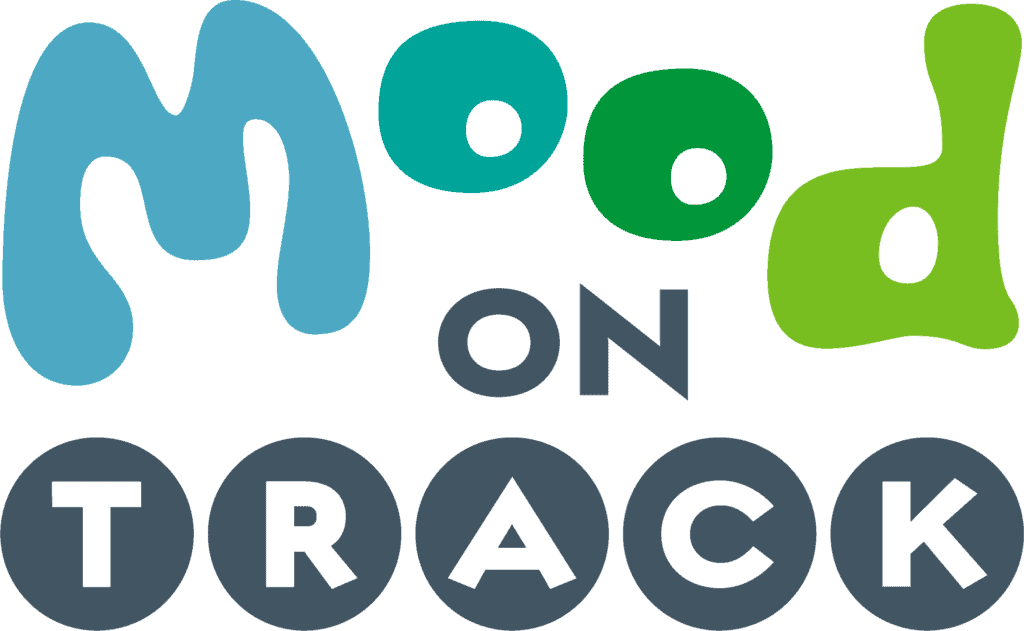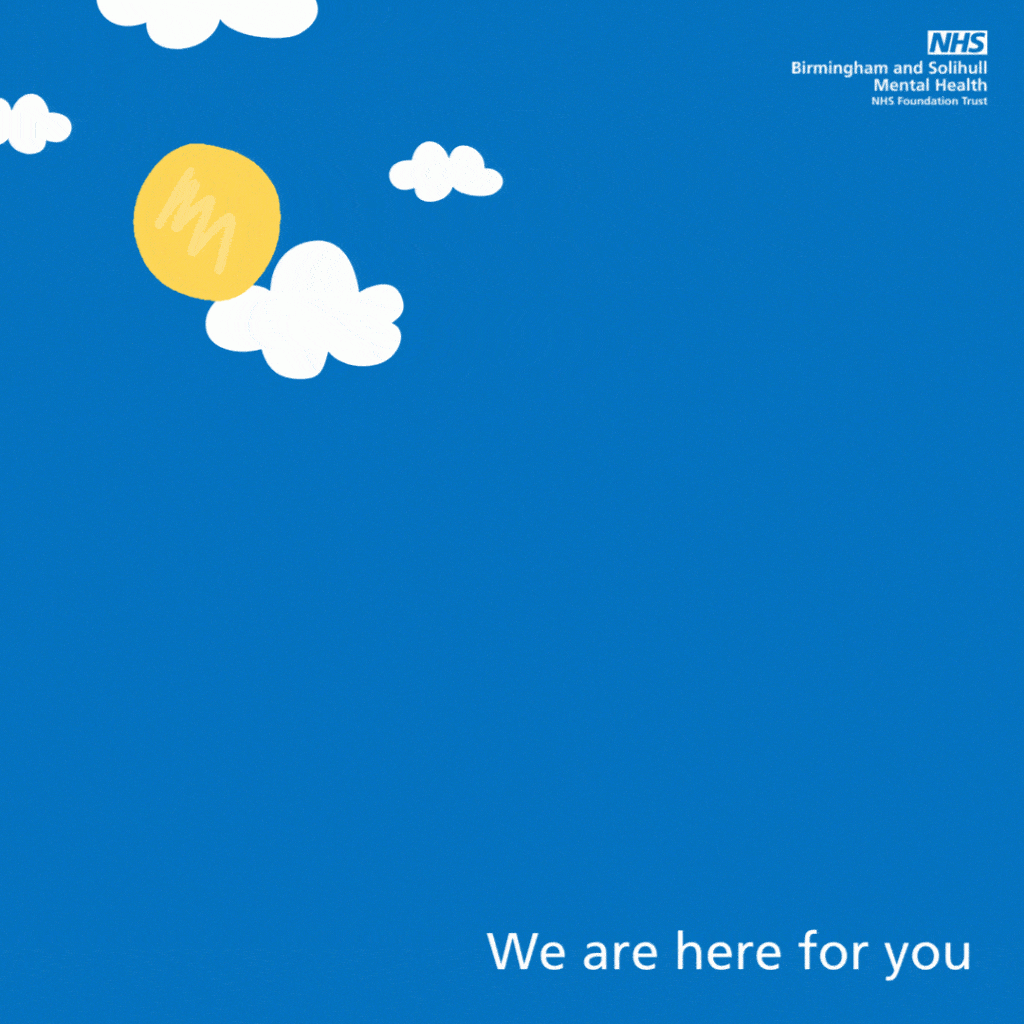I’ve learnt to find a new purpose and the best, most fulfilling life possible while managing my condition.
Bipolar disorder is a mental illness that can cause shifts in mood, energy, activity levels and concentration that are more pronounced than usual and therefore impact on people’s routines and ability to get on with the things they would usually do. Unlike simple mood swings, each episode of bipolar disorder can last for several weeks (or even longer).
Our Bipolar Service runs a programme called Mood on Track (MoT), which is a cognitive-behavioural psychological intervention designed specifically for bipolar disorder. The MoT programme aims to improve service user’s understanding of their presenting difficulties and self-management of their mood.

Max, an Expert by Experience at BSMHFT, received support from our MoT programme after living with the disorder for over 14 years. In his own words, Max explains how MoT has helped him to understand his diagnosis better and is a shining example of how, with the right support, you can go on to live a happy, fulfilling and healthy life. This is his story.
“Following a referral, I went to my first Mood on Track meeting in October 2018, 14 years after receiving a diagnosis of bipolar disorder.

Mood on Track was different from all other therapies I’d had in the past, there was enormous comfort in the fact that there was a bespoke evidence-based treatment out there for someone like me, who had been diagnosed with bipolar for what felt like a life sentence. Not only does the Trust have a course, but it also has a mood disorders clinic, and a whole unit dedicated just to bipolar disorder, which is pretty rare. I’d always felt that none of my previous therapists had really grasped the special challenges of bipolar; here, at the Trust, was a group of people who had dedicated their whole careers to understanding and treating bipolar.
Over 11 group sessions, I would finally get to meet others in the same boat. After years of the depressive side of my illness conspiring to keep me alone and isolated, while feeding off my alienation, here was an opportunity to meet others with bipolar, to compare notes and coping strategies, as well as to share a joke (the atmosphere was friendly and informal). Critically, it also gave me the opportunity to gain the perspective of those who suffered with symptoms far worse than my own, and yet who continued to try and find meaning, purpose, and even joy in their lives.
It’s also something to be finally surrounded by people who know what this excruciating condition is like from first-hand experience, and that whatever you say, reveal, or disclose isn’t going to shock or be judged by them. And that also applied to the members of staff facilitating the course. There was an occasion when I turned up to a group session manic, they did their best to normalise it without stigmatising me, but by gently helping me recognise the way that I was behaving.
There were revelations from the content of the course. There was something empowering and more egalitarian than treatment as usual about the fact that it was run like a college course: each week was devoted to different aspects of bipolar, such as understanding and coping with depression, mania, and hypomania, the part of the illness’ symptomatology that had always fooled me into thinking that I was super high performing, until the inevitable crash came.
One thing that helped me to audit my changing moods was the course’s emphasis on cognitive behavioural therapy (CBT).
Prior to Mood on Track, I’d always been sceptical of CBT, and had dismissed it as superficial. But the breakthrough that my therapist and the team helped me to make was to see that thoughts, moods, feelings, and biology were all interlinked in a much more complex way. There was not just a linear relationship between them; moods could influence thoughts and vice versa, as well as physical activity and changes in your environment having the potential to improve your mood. Instead of feeling powerless and in the grip of them, I began to realise that if I could control one of them that might have a beneficial influence on another.
I also began to become more attuned to the situations (and people) in my environment that might trigger mood swings, thereby giving me more control over them.
Finally, at the end of the course, in a series of one-to-one sessions, all the work we had done together was underpinned by developing an individual plan where I itemised in granular detail the risks, and different protective factors for each aspect of my mood. This would go on to become a tailored toolkit to help me manage my moods backed up by more insight than I’d had in decades.
Perhaps most important of all, the whole experience of Mood on Track gradually moved me towards a different definition of recovery, which isn’t just about the disappearance of symptoms, which in my case will probably never happen. Nowadays, in part thanks to this wonderful course, life in recovery is about using all the skills and understanding I’ve learnt to find a new purpose and the best, most fulfilling life possible while managing my condition.”
More information on bipolar disorder and Mood on Track can be found on our website.
Published: 30 March 2024








